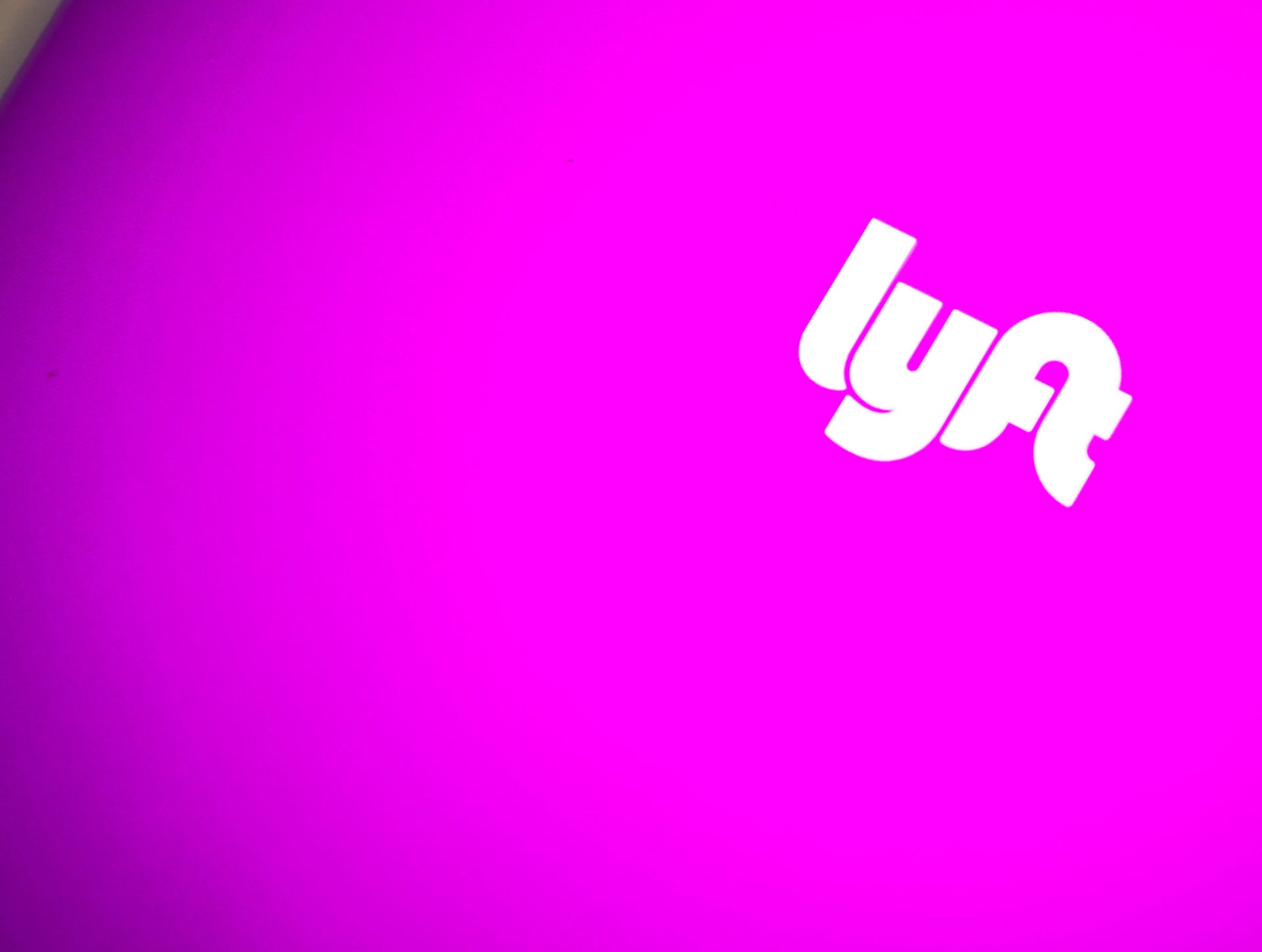
Today ride-hailing company Lyft will debut on the Nasdaq stock exchange following an IPO price at the very top of the expected range.
The Lyft IPO price has given the company a fully diluted market value of $24bn, with shares priced at $72 each, raising over $2bn for the company on Thursday. This followed a target of $70-$72 per share.
For experts in the field, that is a high valuation, however experts argue that it is more to do with the significant and ongoing demand for new tech investments than a reflection on the company’s immediate financial prospects.
“The value of [$24bn] for a taxi business that will not make money for three years seems high,” said John Colley, professor of practice at Warwick Business School.
“It reflects the wall of money looking for tech investments, rather than any fundamentals of the business.”
The state of Lyft
For Colley, Lyft has significant challenges ahead, particularly given that it faces fierce competition, both from Uber and from other emerging transport solutions.
How well do you really know your competitors?
Access the most comprehensive Company Profiles on the market, powered by GlobalData. Save hours of research. Gain competitive edge.

Thank you!
Your download email will arrive shortly
Not ready to buy yet? Download a free sample
We are confident about the unique quality of our Company Profiles. However, we want you to make the most beneficial decision for your business, so we offer a free sample that you can download by submitting the below form
By GlobalData“User growth has been meteoric, but there are low switching costs for customers and drivers. In reality Lyft are paying drivers more than market rates and charging customers less,” he said.
“Both can leave as rapidly as they arrive. Drivers are already unionising and agitating for better conditions. Customers will have to pay more if Lyft is to make a profit.
“Yet studies suggest half of all taxi hailing rides would have been made by public transport or walking if fares were not so low and service so convenient.”
There is also the very real prospect of new players entering the ride-hailing space, which would also threaten the company’s dominance and raise retrospective questions about the Lyft IPO price.
“Entry barriers are low as the technology is readily available to others, so new competition may appear once the attritional price war ends,” said Colley.
Transport and the human touch
However, while there are concerns that the Lyft IPO price may ultimately prove overinflated, others see it as a sign of an industry that has matured by effectively pairing humanity with technology.
“The value of Lyft and Uber is being driven by the sense of comfort and peace of mind they have created, which makes us feel there is someone out there I can call if I need a taxi at any hour of the day,” explained Dr Shweta Singha, assistant professor at Warwick Business School.
“If I am hungry, I can still be fed by someone who will bring food to my doorstep. Lyft and Uber are both providing that missing human touch which was lost in the modernisation race.
“Their IPO valuations make it clear that shared transportation is no longer a mum and pop shop, it’s a serious business. Sharing economy businesses are here to transform the global economy and society at large and they are here to stay.”
Lyft IPO price: All eyes on Nasdaq
The question of whether the Lyft IPO price is high may be in part answered today when the company begins trading on the Nasdaq stock exchange under the symbol LYFT.
For the wider tech industry, it is set to be a key marker of the health of such IPOs, and so will be carefully watched over the next days and weeks.
“Lyft is a very important event in the fresh IPO wave as sentiment around the listing and after-market dealing will govern pricing and appetite for other Unicorn IPO’s anticipated in the short term,” explained Malcolm Burne, from tech investment vehicle Star Tech NG.
For Ian Wallis, also of Star Tech NG, the initial reaction is likely to be significant.
“Assuming the underwriters have balanced demand, we anticipate an opening ‘pop’ which could well lead to some good old staging,” he said, referring to the practice of buying shares in a new issue before selling them immediately for profit.
However, there are also concerns that Lyft could go the way of Snapchat, which saw share prices surge during the IPO before dropping significantly once it had launched on the stock market. And for Burne, this could have a long-term impact on future tech IPOs.
“Any similar aspects to the Snap after-market debacle will likely dampen punter enthusiasm for other Unicorn IPO’s,” he warned.







